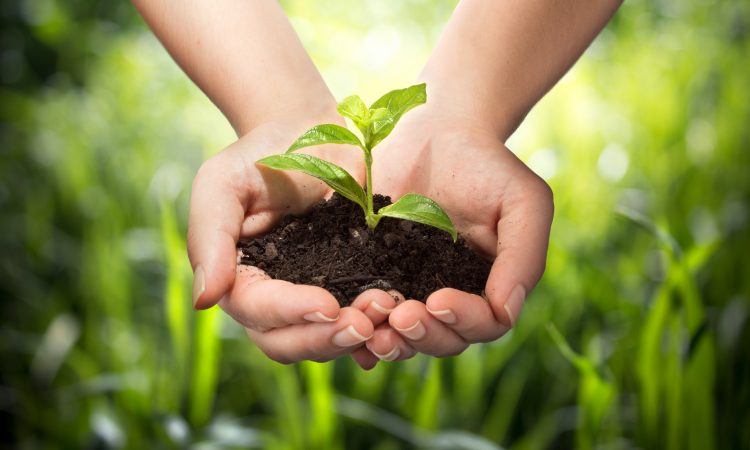
Plant-based diets and sustainability
We all know that a diet based mostly on fruits, vegetables, whole grains and legumes is good for our bodies. But is eating less meat, eggs and dairy good for the Earth? Many environmental studies tell us that raising animals for human consumption puts a huge strain on water and land resources, and make a strong case for eating more plant-based foods.
How does eating meat affect the environment? First, it takes a lot more water to produce feed for animals than it does to grow plants for food: a standard 5-ounce serving of steak requires 10 times more water to produce than a 1-cup serving of lentils. According to a United Nations report, the livestock business results not only in much greater water usage, but also contributes to environmental pollution when animal wastes, antibiotics, hormones, fertilizers and pesticides seep into aquifers and reservoirs. Animal feed also requires vast amounts of land to grow – land that could be used to grow food for human consumption. Another issue is deforestation, especially in developing countries, as trees are cleared for grazing and the production of animal feed.
Lastly, livestock are a huge source of greenhouse-gas emissions. The UN report estimates that livestock generate more emissions of carbon dioxide and other greenhouse gases, mostly from manure, than all forms of transportation combined.
If you are looking for ways to reduce your impact on the Earth, considering going meatless a few days a week, add chickpeas instead of chicken to your salad or grill veggie burgers instead of beef burgers. You’ll be surprised how filling and nourishing plant-based foods can be
Karen Gilman
Registered Holistic Nutritionist













